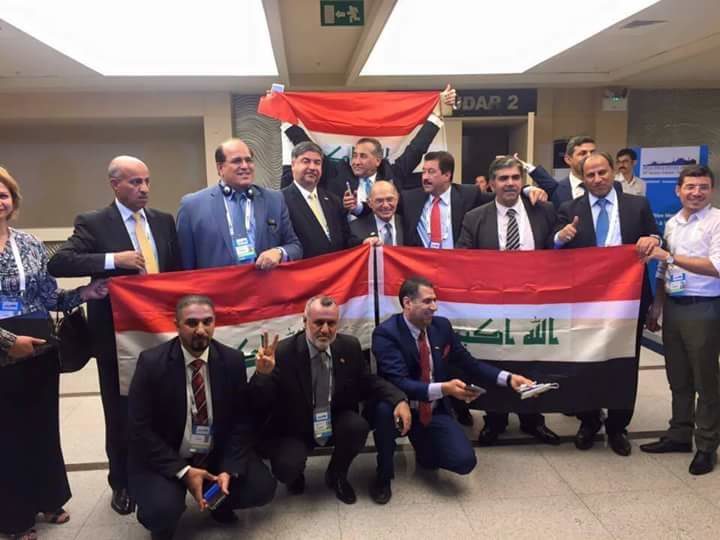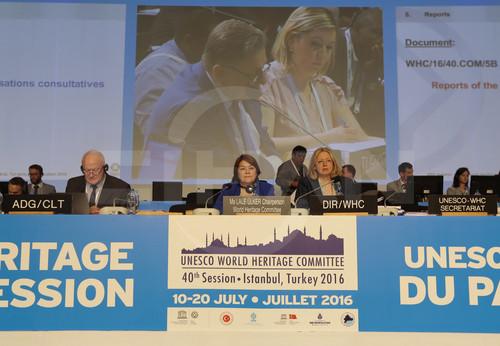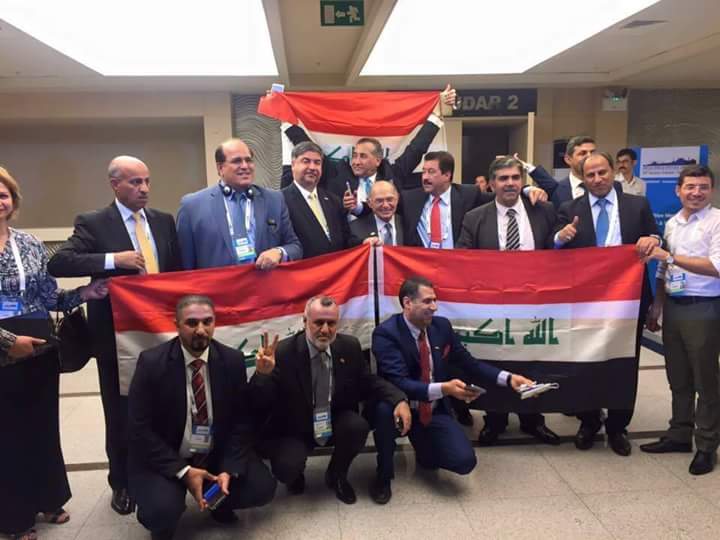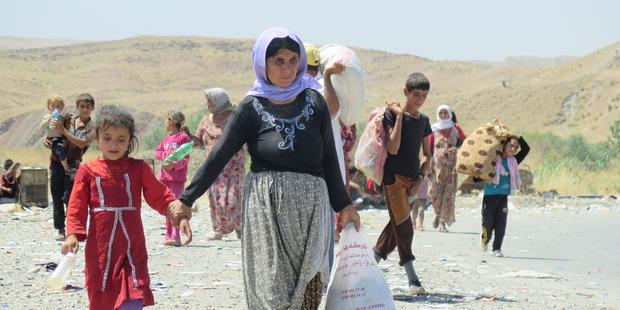Iraqi Marshlands named as UNESCO World Heritage Site!
UNESCO has named Iraqi marshlands as a world heritage site! The area named “is made up of seven sites: three archaeological sites and four wetland marsh areas in southern Iraq” UNESCO said. “The archaeological cities of Uruk and Ur and the Tell Eridu archaeological site form part of the remains of the Sumerian cities and settlements that developed in southern Mesopotamia between the 4th and the 3rd millennium BCE,” it said. “The Ahwar of southern Iraq – also known as the Iraqi marshlands – are unique, as one of the world’s largest inland delta systems, in an extremely hot and arid environment,” UNESCO said. The marshlands were named UNESCO World Heritage together with 7 other sites at the 2016 World Heritage Committee, taking place in Istanbul from 10-20 July.
Iraq has been seeking world heritage status for the marshes since 2003, and its government hailed the move. Prime minister Haider al-Abadi congratulated the Iraqi people on UNESCO’s decision, and thanked “all those who contributed to this success.” Abadi also said that culture in the country will continue “despite the destruction and demolition of Iraqi heritage and antiquities by barbaric terrorist gangs.” He was referring to Islamic State group’s destruction of artefacts at the Mosul museum and the ancient cities of Nimrud and Hatra, the latter of which is a world heritage site.
The marshlands once stretched across some 20,000 square kilometres (7,700 square miles), but they were devastated after Saddam ordered them drained in the 1990s to stop them being used as hideouts by Shia guerrillas opposed to his regime. Many dams and canals ordered built by the dictator have now been demolished, allowing waters from the Tigris and Euphrates rivers to flood back, fish and fowl to return and humans to settle once again. But dams farther upriver in Syria and Turkey still limit the flow of water into the marshes, and high levels of salinity have also been a problem in the south, killing fish and making the water undrinkable.
The Guardian, 18 July 2016 (Edited)






